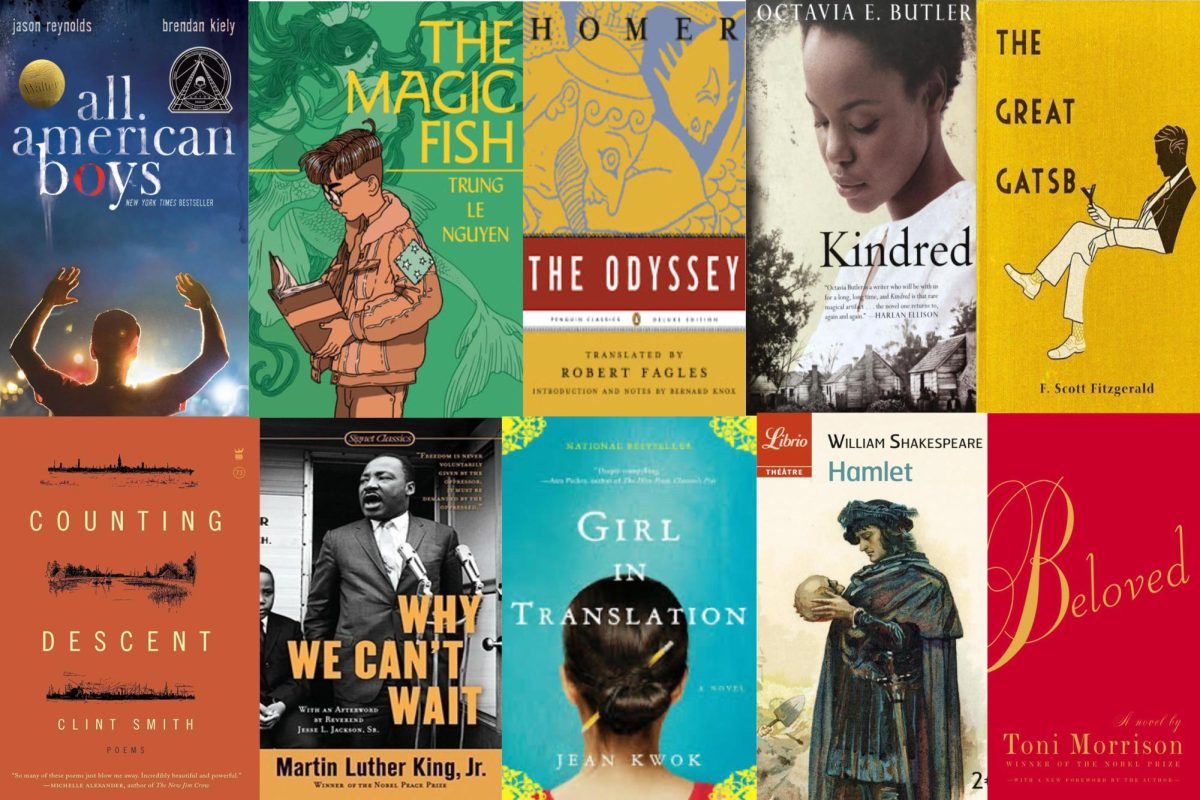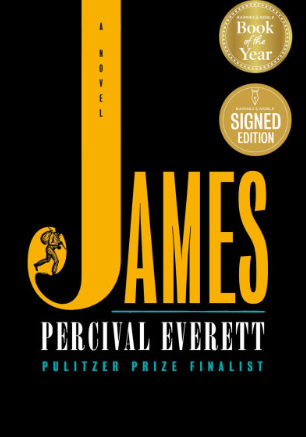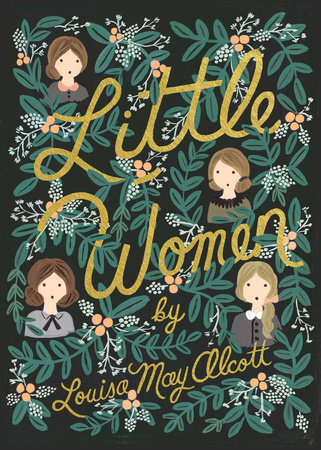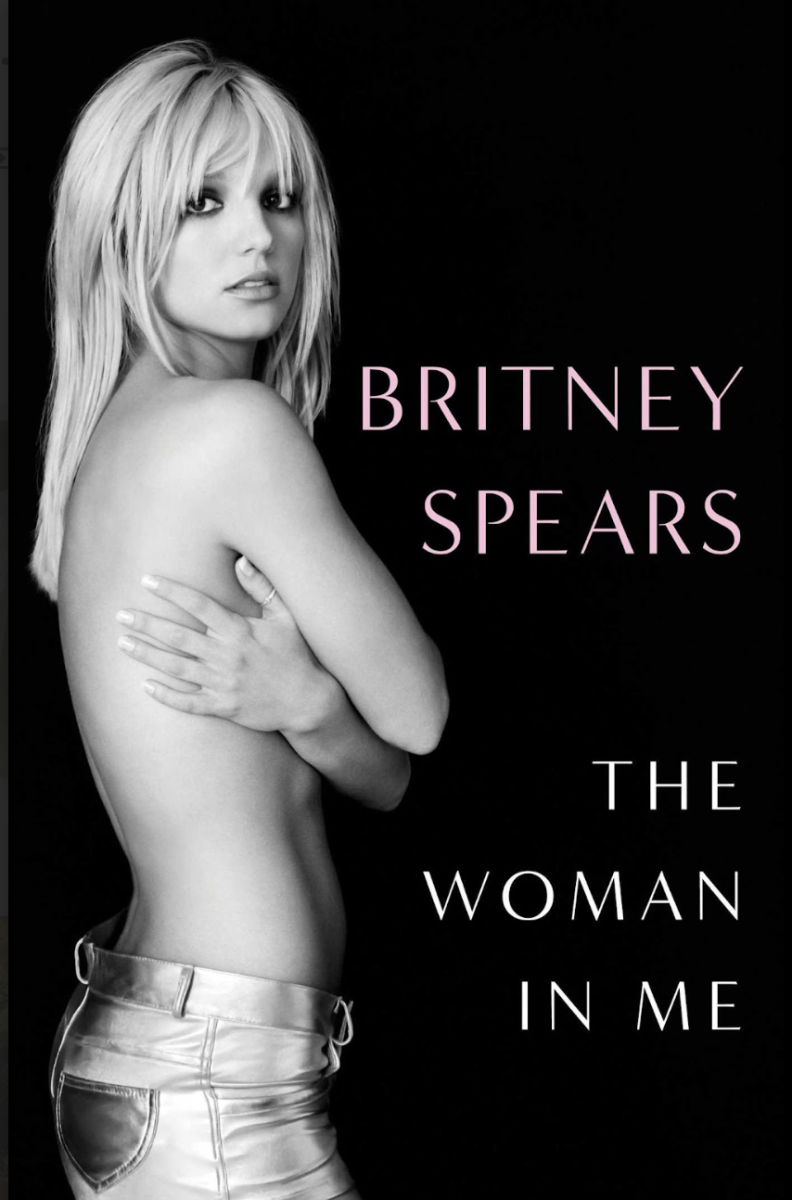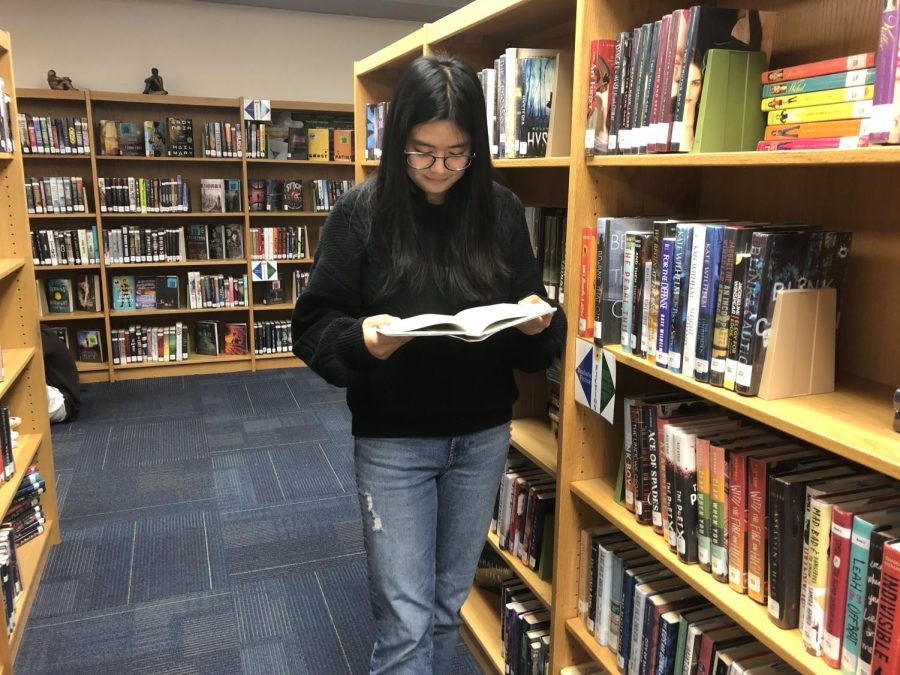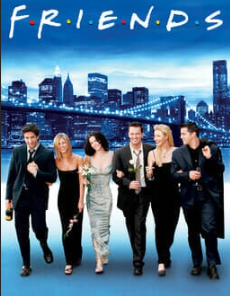J.K. Rowling has shelved the epic magic of Hogwarts in favor of a small English town whose biggest problem is whether to redraw the district line.
Rowling’s newest novel, The Casual Vacancy, takes place in the fictional town of Pagford, where councilman Barry Fairbrother suddenly dies shortly before the council vote on redistricting the local slums, known as the Fields, into a nearby city’s territory. While politicians squabble over Barry’s empty seat, Rowling chronicles the twisted affairs of the townspeople: a father abuses his family, teenagers use drugs and sex to rebel, and Barry’s “ghost” exposes everyone’s darkest secrets.
At first glance, Casual Vacancy is teeming with profanity and adult content. Readers unnerved by sensitive subject matter or hoping for some Muggle-variant of the Harry Potter universe will be turned off by the first few pages.
While the story grows darker as it progresses, those who are willing to plow past the beginning chapters will discover the genius behind it all. Barry’s death has a surprisingly profound impact on dozens of Pagfordians, ranging from the politically-aspiring Mollison family to promiscuous, Fields-born Krystal Weedon. Rowling strips her characters down layer by layer and coaxes the reader into sympathizing with them as she demonstrates that there are no good or bad people; like in reality, there are only people.
Rowling is unafraid to explore the teenage psyche, and the drama she creates for her younger characters ranges in degrees of severity. One girl sulks over living in rural Pagford after her mother uproots them from the city while Krystal must care for her little brother in place of her drug-addict mother.
Questions of whether Harry Potter or Casual Vacancy are superior cannot be answered. The two stories are worlds apart, and the only comparison that can really be made is the lack of magic in Pagford. Rowling’s new novel is far from appropriate for Harry Potter’s child audience, but older readers should not automatically dismiss it from their reading list. After all, there is a reason they call Rowling “a storyteller like no other.”








